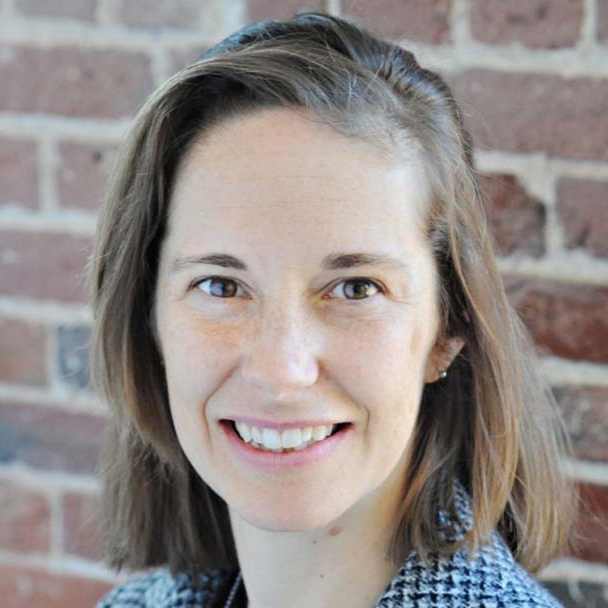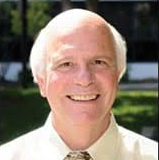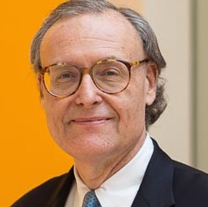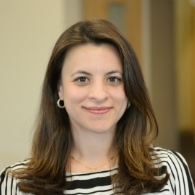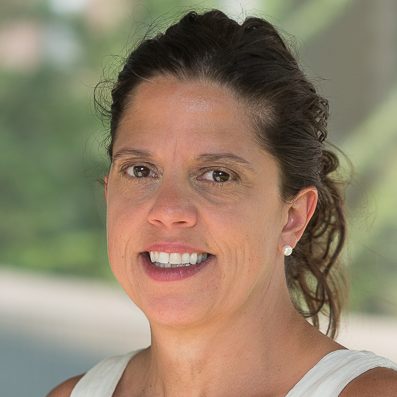Friday, November 22
8:15 AM – 12:15 PM
Cost per person: $189.
By advance registration only. Select one of six.
Add $30 fee if you are not attending the conference.
1. Empowering Students With Deeper Instruction (K-12)
From over twenty-five years of work helping to create high-performing public schools in the urban and rural communities that most need them, we have distilled a framework for lessons that build deep understanding—a framework we call Deeper Instruction—illuminated in our recent book Learning That Lasts. This hands-on workshop will engage participants in reading about and viewing on video powerful lessons from a range of classrooms that challenge, engage, and empower students. We will analyze that Deeper Instruction framework, and will experience model lessons in history and mathematics that embody it. We will discuss what we can each do in our own settings to raise standards and capacity for the quality of lessons and learning that students experience.
Ron Berger, MEd, Chief Academic Officer, EL Education; Annenberg Foundation Teacher Scholar; and Libby Woodfin, MEd, Director of Publications, EL Education; Former 5th and 6th Grade Teacher; Co-Authors, Learning That Lasts: Challenging, Engaging, and Empowering Students with Deeper Instruction (2016), Leaders of Their Own Learning: Transforming Schools Through Student-Engaged Assessment (2014), and Transformational Literacy: Making the Common Core Shift With Work That Matters (2014)
2. Engaging Brains: Tapping the Power of Emotion (6-12)
Research on the brain has shown that emotion plays a key role in learning, but how can educators apply that research in their day-to-day interactions with students? What are some teaching strategies that take advantage of what we know about the brain? This workshop will explore how to design an environment for learning that makes material relevant, relatable, and engaging; accommodates tremendous variability in students' brains by giving them multiple options for how to approach their learning; and incorporates Universal Design for Learning (UDL) principles and guidelines. Discover how to use process-oriented feedback and other techniques to spark students' intrinsic motivation.
Allison Posey, EdM, Certificate in Fine Arts from Maryland Institute of Art; Curriculum Design Specialist, Center for Applied Special Technology (CAST), who provides curricular design, online course instruction, and leads professional development training and implementation of Universal Design for Learning in K-12 and higher education settings; Coordinator, CAST free webinar series; Former Science Teacher; Former Teaching Fellow, Mind, Brain, and Education Program, Harvard Graduate School of Education; Author, Engage the Brain: How to Design for Learning That Taps Into the Power of Emotions (2018); Co-Author, Design and Deliver: Planning and Teaching Using Universal Design for Learning (2013)
3. The Science of Deeper Learning: How Teachers Re-Motivate Students by Understanding DE-Motivation
Teachers strive for an important goal: to motivate all their students in the classroom. While over four decades of powerful research on motivation have shown the way to reach this goal, two of the best-known theories in this field are widely misunderstood, and therefore are often ineffectively applied in the classroom. This workshop— through practical applications grounded in psychology and neuroscience research—offers new ways to think about how to motivate your students. By understanding the brain forces that demotivate our students, we can utilize both individual and group mindsets in ways to boost engagement. By focusing on the individual learner in an instructional environment, you can help your students discover their intrinsic motivation and achieve deeper learning.
Andrew C. Watson, MEd, Classroom Teacher with 16 years of experience, who has spent 9 years exploring and explaining the practical classroom uses of psychology and neuroscience; Founder/President of Translate the Brain, a professional development consultancy; Author, Learning Grows: The Science of Motivation for the Classroom Teacher (2019) and Learning Begins: A Teacher's Guide to the Learning Brain (2017); Blogger, Learning & the Brain Blog
4. The Neuropsychology of Deeper Memory (All Ages)
This workshop will describe the executive capacities (executive functions and executive skills) that students need to use when participating in instructional approaches that encourage deeper memory and improved classroom learning. Dr. George McCloskey will discuss the critical shifting of motivation away from the ventral tegmental area and the nucleus accumbens (areas of the brain that focus on immediate gratification) to areas of the pre-frontal cortex involved in the development of self-determination (and improve delayed gratification). The major focus of the workshop will be on strategies that strengthen students' capacities for self-regulation, self-realization, and self-determination so that they are better prepared to access and benefit from classroom instruction that leads to increased learning and deeper memory.
George McCloskey, PhD, Professor and Director, School Psychology Research, Dept. of Psychology, Philadelphia College of Osteopathic Medicine; Author, McCloskey Executive Functions Scales (2015) and Essentials of Executive Function Assessment (2010); Lead Author, Assessment and Intervention for Executive Function Difficulties (2009)
5. The Cognitive Neuroscience of Reading and Intervention
This workshop will review what is currently known about the brain and behavioral basis of learning to read in typical and atypical development (e.g., dyslexia). We will discuss the development of skills essential for learning to read and how those skills vary in children at-risk for reading difficulty. We will examine the diagnostic process including common tools used to identify vulnerable skills in readers and the process of identifying reading disabilities. Neuroimaging has revealed how plasticity in the child’s brain supports learning to read, and how differences in brain structure and function are associated with reading disabilities, such as dyslexia. Finally, we will review brain plasticity associated with effective intervention for struggling readers.
John D.E. Gabrieli, PhD, Director, MIT's Integrated Learning Initiative (which has started a new collaboration with the Chan Zuckerberg Initiative called "Reach Every Reader" for a scientific approach to personalize learning for literacy and develop diagnostic tools), Grover Hermann Professor of Health Sciences and Technology and Cognitive Neuroscience; Professor of Brain and Cognitive Sciences; Co-Director, Clinical Research Center; Associate Director, Athinoula A. Martinos Imaging Center, McGovern Institute for Brain Research, Massachusetts Institute of Technology; Co-Author, "Cognitive Neuroscience of Dyslexia" (2018, Language, Speech, and Hearing Services in Schools) and "Neuroimaging, Early Identification, and Personalized Intervention for Developmental Dyslexia" (2018, Perspectives on Language and Literacy); and Joanna A. Christodoulou, EdD, Assistant Professor at the MGH Institute of Health Professions, teaches at the Harvard Graduate School of Education, and is a Research Affiiliate at the Massachusetts Institute of Technology. She works at the intersection of education, clinical, and research contexts. She leads the Brain, Education, and Mind (BEAM) Team to study the brain and behavior links underlying reading development and difficulty. Current research focuses on reading intervention and summer reading growth. She was awarded the 2014 award for Transforming Education Through Neuroscience Award from the Learning & the Brain Foundation and the International Mind, Brain, and Education Society and was invited to join the first White House Workshop on Neuroscience and Learning.
6. Deeper Thinking, Active Learning: Making Thinking Visible in All Classrooms (All Ages)
During this workshop, participants will have an opportunity to: a) try out several thinking routines with a variety of curricular materials followed by a whole-group discussion; b) hear an introduction to the research background of the framework and learn more about the concept of dispositions fostered through routines; c) discuss the design of thinking routines embedded into the curriculum and the notion of enculturating the language of thinking.
Jessica Ross, MEd, Senior Practitioner Specialist; Project Manager, Agency by Design, Project Zero, Harvard Graduate School of Education; Former Teacher who has been involved in Project Zero Projects such as Artful Thinking, Teaching for Understanding, and Visible Thinking; Co-Author, Maker-Centered Learning: Empowering Young People to Shape Their Worlds (2016)




